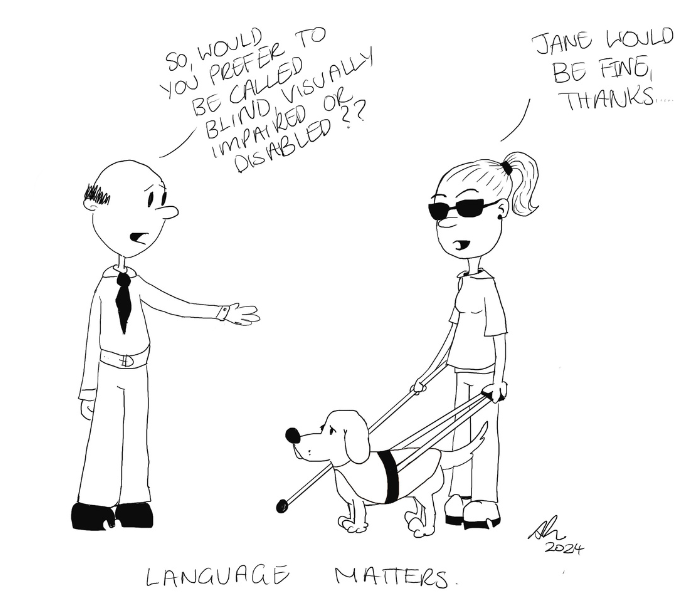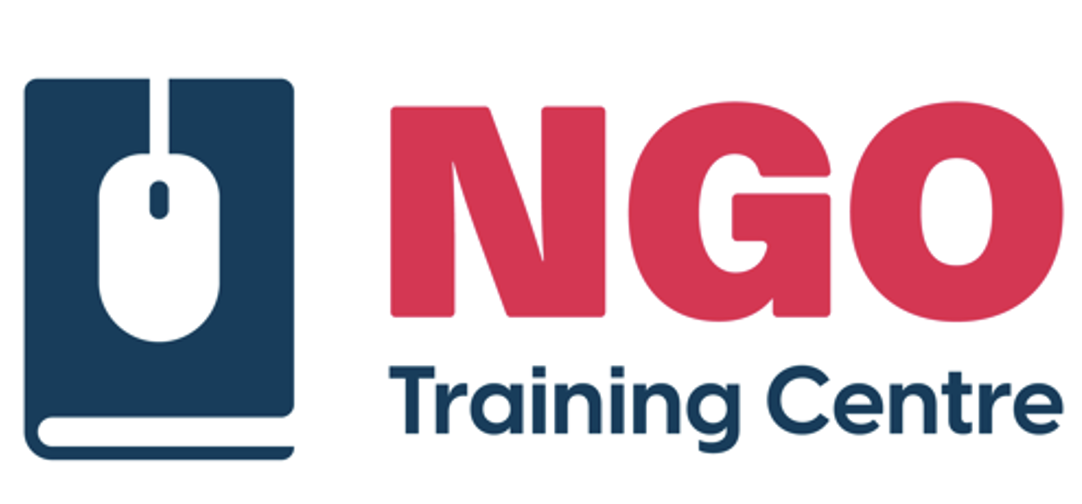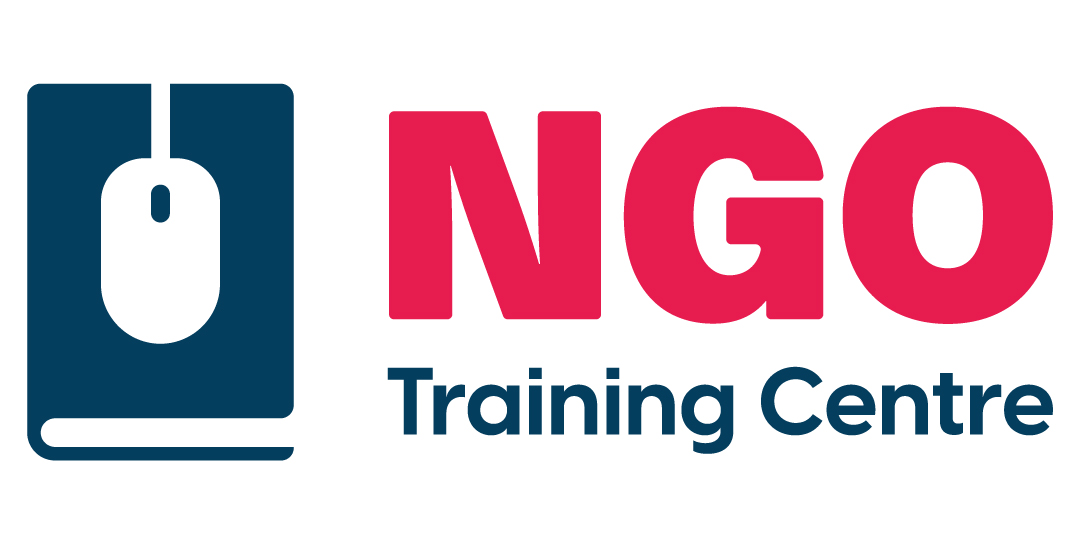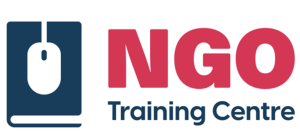
How Language Can Transform the Narrative of Disability
Language can be very powerful.
Marcus Garvey once said, “The pen is mightier than the sword, but the tongue is mightier than them both put together.”
This reigns true when talking about people with disability, and language can have a profound impact on the way people with disability feel and are perceived in society.
Over the years I have worked alongside professionals who are often fearful to describe or talk about disability; or even have open conversations with people with disability in fear of using the ‘wrong words’, being offensive, stigmatising further or being misunderstood. So, they often avoid a conversation or a narrative altogether.
In Australia, we tend to talk about disability in two ways- Person-first language ‘people with disability’ or identity-first language ‘disabled people.’ Most people with disability prefer one of these terms. It’s always best to ask them which one they like. If you can’t ask, use ‘people with disability’ or just say their name when talking about them. You’d be surprised how effective this can be!
I have always believed that for society to become more inclusive of people with disability, we need to speak openly, be respectful and break down those barriers that lead to people with disability being segregated and discriminated against.
Education about appropriate and respectful language is another way for society to continue to move in the right direction to ensure that people with disability are acknowledged, respected and supported.
PWD have created a great Language guide that people with disability have written. It offers best practice advice to assist all people when talking about and reporting on disability. Please share this open-source resource far and wide!
Remember, language evolves, and new expressions or terms are constantly added to our glossaries. PWD regularly update its resources, and it was last updated in 2021.
You can grab a copy of the resource here:
https://pwd.org.au/resources/language-guide/
Content note: This guide contains examples of offensive language
Written by Amanda Robinson, B.A., MMentalHealth Prac.
Amanda is a professional with over a decade of dedicated experience in the fields of Mental Health and Disability. Her extensive expertise lies in navigating the intricate landscape of the Disability Sector. She brings a unique perspective to her work, being both a person with lived experience of disability and a compassionate carer. She has a passion for advocacy, making her a staunch champion for the rights and well-being of individuals facing similar challenges.




